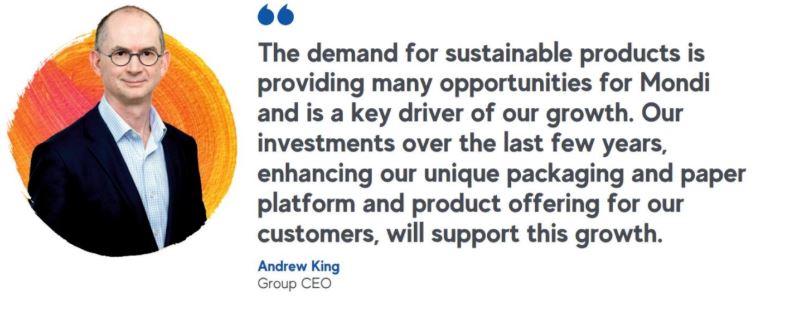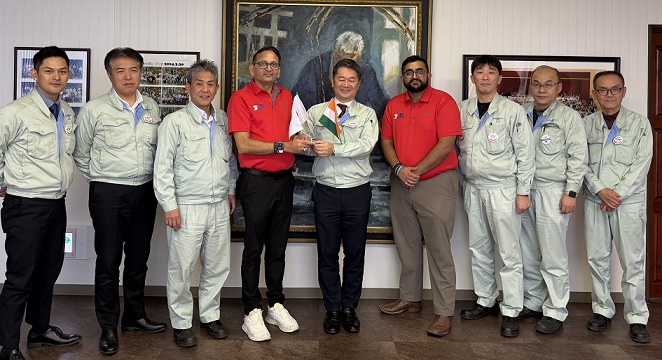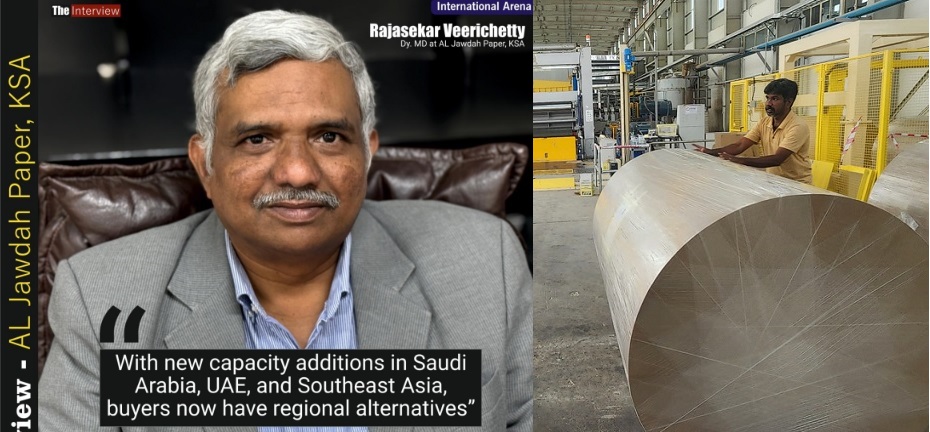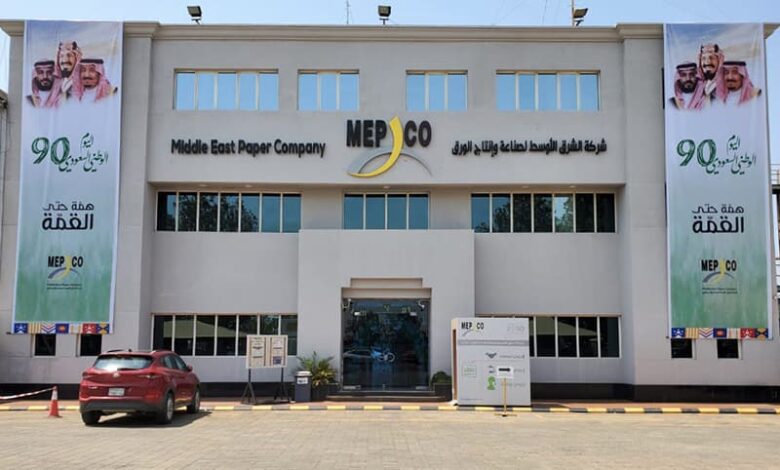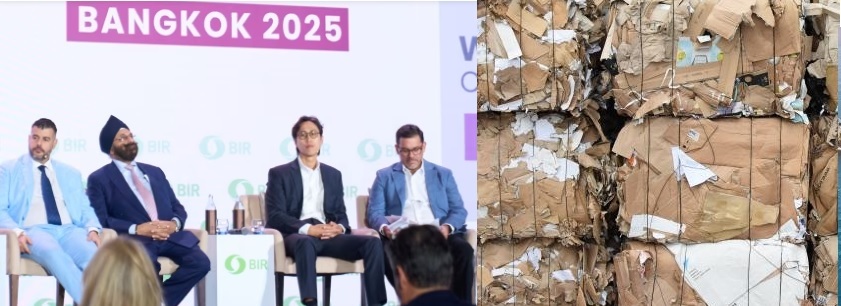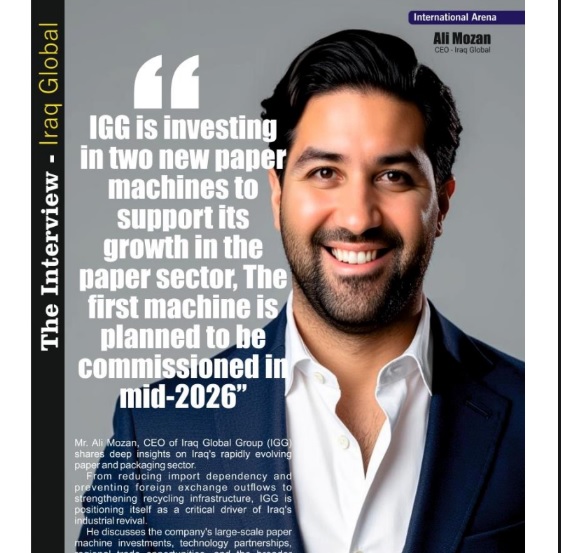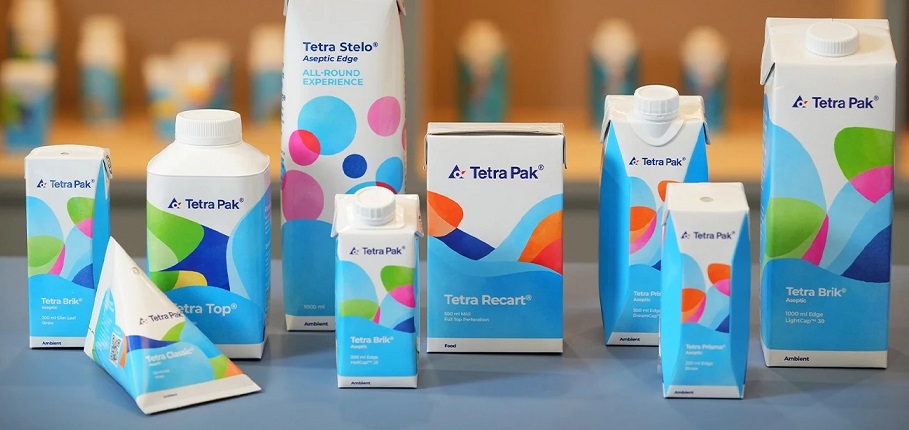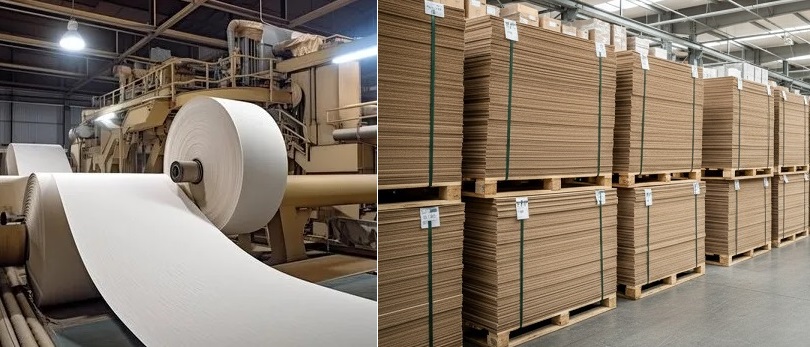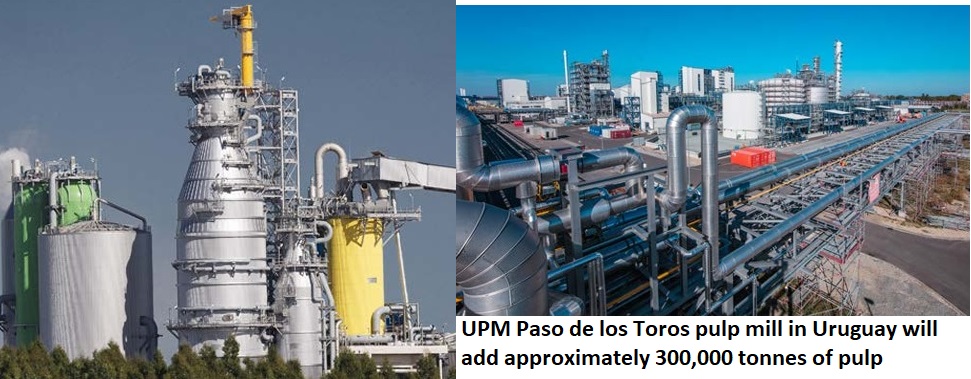APRIL2030: A More Sustainable Future for All
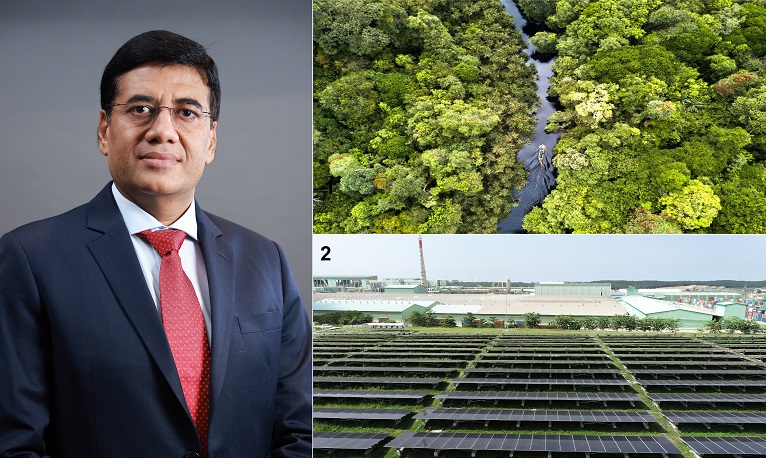

A More Sustainable Future for All
When we launched our APRIL2030 commitments focused on climate, nature, and people at the end of 2020, the questions that arose most often from our stakeholders were ‘why and why now’, given we did so in the middle of the pandemic that continues to impact on societies and businesses around the world.
Our view, which has remained unchanged since then, is that we need to take a long term view of our business and industry, and that action is clearly required over the next decade.
A global consensus has emerged in recent years about the need for businesses, along with governments and communities, to play their part in drastically reducing carbon emissions. As a company at the centre of the emerging bio-economy, we recognized that we were in a strong position to have a more positive impact through our sustainability actions on the communities that we touch.
Ultimately, we believe that being more sustainable makes good business sense. We are demonstrating that development and sustainability can be on the same side of the equation and aligned with the goals of all stakeholders, from communities and civil society organisations to industry and Government.
in Above Image:
Image Left Part: Corporate shot of Praveen - caption: Praveen Singhavi, President, APRIL Group
Image Right Part - 1: RER landscape shot - caption: APRIL plans to expand its conservation and restoration areas over the coming decade. The company already manages the Restorasi Ekosistem Riau restoration area, covering over 150,000 hectares of forest on the east coast of Sumatra.
Image Right Part - 2: Solar panels pic - caption: As part of its APRIL2030 commitments, APRIL last year began installing solar panels at its operations in Riau Province, in Sumatra, Indonesia
Achieving our APRIL2030 targets for drastic emissions reduction involves a number of strategies, including our continued commitment to no deforestation throughout our supply chain.

Long-Term Sustainability Goals
APRIL2030 is made up of 18 specific targets to be achieved by 2030, across four key pillars - Climate Positive, Thriving Landscapes, Inclusive Progress and Sustainable Growth.
Our Climate Positive commitments include targets to reduce and mitigate carbon emissions based on science-based solutions. Specifically, we’re aiming for net zero emissions from land use and 25% less product carbon emissions by 2030. We are also transitioning to more sustainable sources of energy for our operations, including using biomass and solar.
Thriving Landscapes is about championing conservation and biodiversity, in line with the growing call for science-based target setting for nature. That is happening across our Indonesia footprint, from plantations to vast areas of forest set aside for conservation and restoration.
The Inclusive Progress commitments include targets to empower people and communities through transformative initiatives in healthcare, education and the championing of equal opportunity for women. In healthcare, it includes a programme to reduce endemic stunting among children and we are working to eradicate poverty in the communities where we operate.
We stated when we launched APRIL2030 that no company’s sustainability vision can be truly enduring if communities are left behind. The pandemic has served to reinforce that as a company based in a developing economy with customers all around the world, the responsibility to function more sustainably, while still delivering essential progress for communities, is perhaps greater than ever.
Sustainable Growth is about us becoming more productive, diversified and circular as part of our commitment to responsible production. As part of this, we have already achieved significant gains in how much fibre we produce from the same plantation footprint and are set to increase material efficiency and chemical recovery through less process water use per product tonne and reducing solid waste. Another major target is harnessing advances in technology to source fiber supply from textile waste.
All four pillars of APRIL2030 are vitally interconnected. We cannot properly address climate change without tackling the protection of nature. Carbon emissions reduction must go hand in hand with biodiversity protection, and of course, the continued development of livelihoods for the local communities where we operate. So we are tackling all four of our APRIL2030 commitment areas in parallel.

Progress to Date
Last November marked the first year of our ten-year commitment to achieve our 18 targets. In our first year of APRIL2030, to support our Climate Positive targets, the installation of 25 megawatt solar panels at our operations in Kerinci, Riau Province, Indonesia began with the commissioning of a 1 megawatt first phase. The second phase, scheduled for this year, will add 10 megawatts of solar panel capacity.
Also, the first of a fleet of electric buses were introduced at our mill complex, supporting lower-carbon employee commuting. The incorporation of electric powered equipment in our mill operations is an ongoing priority on our journey to decarbonize our facility.
For Thriving Landscapes, we have begun establishing a community conservation pilot project in partnership with five villages on peat landscapes, building on the trust established through our Fire Free Village Program. Protected areas range from 1,000-5,000 hectares and the project involves creating livelihood opportunities to ensure the economic viability of the program and relieve pressure on the landscape.
We have also made significant productivity gains from our plantations without expanding our footprint based on genetic improvement, better soil nutrition and improved strategies to combat pests and disease as we innovate to increase our yield.
In terms of managing landscapes, our production-protection approach is at the core of how we operate. We will expand our conservation and restoration areas over the coming decade and we have committed to invest a dollar for every tonne of fiber that is delivered to the mill into conservation and restoration. This will guarantee about USD100 million for conservation and restoration over the next 10 years.
As of now, we are about 81% of the way to achieving our one-for-one conservation goal where we match every hectare of plantation with a hectare of conservation forest. To date, including our Restorasi Ekosistem Riau (RER) restoration project on the eastern coastline of Sumatra, we are conserving and restoring more than 364,000ha of forest, an area more than twice the size of London. A new Eco-Camp has been established on the boundary of RER, and includes a research lab for research into tropical peatland science by experts from around the world.
Our focus on Inclusive Progressive saw us work in partnership with Indonesian research institute SMERU to complete a baseline analysis to inform our approach to tackling poverty and reducing stunting in children, in collaboration with government agencies. We also collaborated with social enterprise Krealogi to help local SME businesses develop the digital literacy, production planning and marketing skills that will help them to engage in online marketplaces
For Sustainable Growth, we have progressed against our recovery targets for chemicals used in our production processes and have introduced a lime reclamation facility to maximize re-utilisation and reduce the need for new lime purchases. A range of specific projects to reduce water use have also been introduced that take us further towards our target of reducing solid waste to landfill by 80%.
Our focus on collaboration with the right external partners has also helped us maintain momentum towards the achievement of our APRIL2030 targets. In September, we supported the launch of the World Economic Forum’s 1t.org trillion tree platform, through which APRIL and other international companies have pledged to help conserve, restore and grow more than 2.5 billion trees by 2030.

Also last year, we signed up to the Business for Nature coalition’s call to action to urge for collective action and ambitious nature policies, and continued to engage with the Science Based Targets initiative (SBTi), which is focused on helping companies to specify how much and how quickly they need to reduce their greenhouse gas emissions. The SBTi is a collaboration between Carbon Disclosure Project, the United Nations Global Compact, World Resources Institute and the World Wide Fund for Nature.
There remains much to do, along with our partners and communities. This is a decade long process and, along with other industries, we must achieve progress while still taking measures to mitigate the impact of the coronavirus pandemic.
We are resolute however about continuing to move forward and it is heartening that despite various headwinds caused by global challenges, we were able to report tangible progress across all four commitment areas in the first year of our APRIL2030 targets and commitments.
The Bigger Context
In Asia, we are seeing many businesses, including those in the pulp and paper industry, making real progress to decarbonize operations and supply chains, while moving towards more circular business models. The undeniable truth is that this progress is critical if there is to be any hope of the world achieving the 2030 development agenda while keeping global warming below 1.5 degrees Celsius.
I believe APRIL can be a leader in showing these gains are possible and that businesses can grow and be profitable, while also protecting carbon and biodiversity, and empowering communities. This is Asia’s decade and we want to be one of the driving forces for transformation.
Praveen Singhavi is President of APRIL Group, a leading producer of pulp and paper, which has substantial plantation and manufacturing operations in Indonesia.
Web Title: APRIL2030 A More Sustainable Future for All




 Join WhatsApp Group
Join WhatsApp Group Join Telegram Channel
Join Telegram Channel Join YouTube Channel
Join YouTube Channel Join Job Channel (View | Submit Jobs)
Join Job Channel (View | Submit Jobs) Join Buy Sell Channel (Free to Submit)
Join Buy Sell Channel (Free to Submit) Paper News Headlines Channel (Free to read)
Paper News Headlines Channel (Free to read)